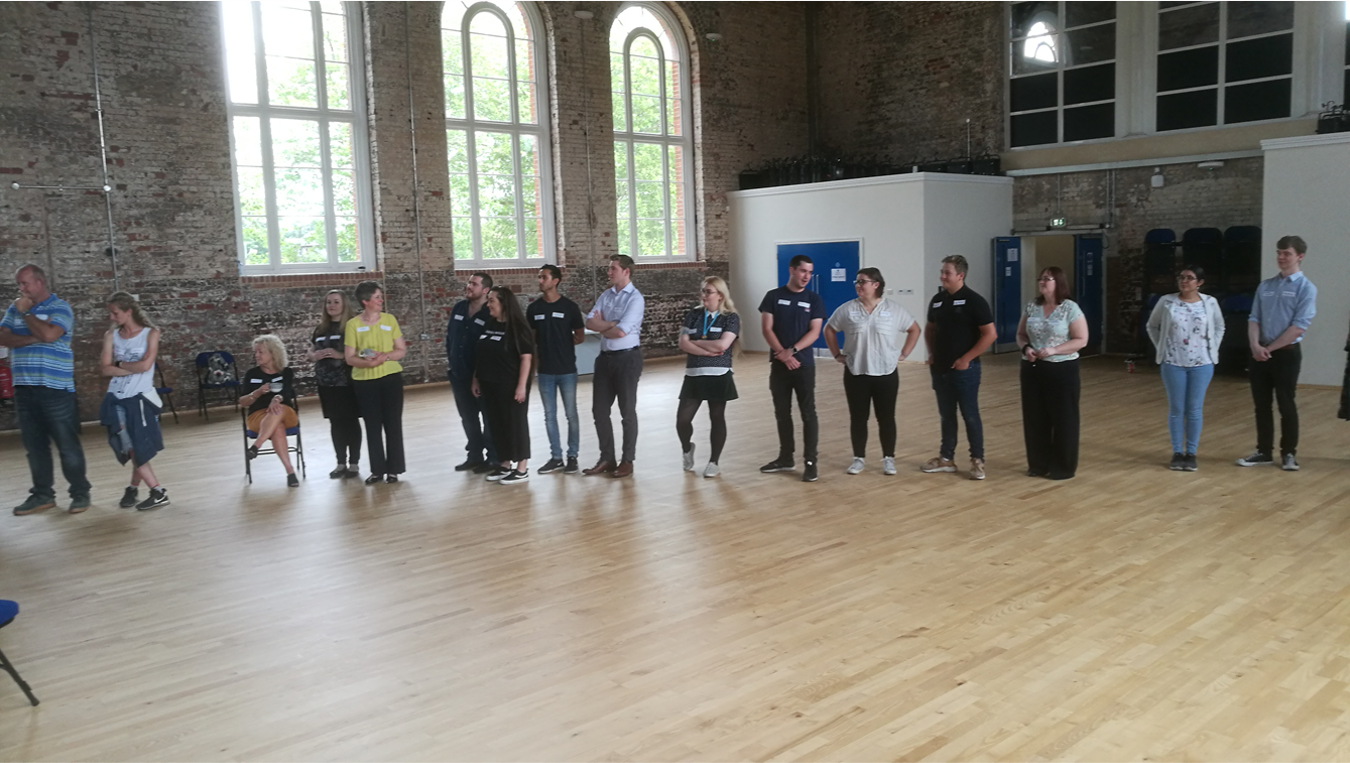Change begins at home
Our research into innovation practice and cultural organisations highlighted the importance of modelling inside the organisation the change you want to see outside, among your users, stakeholders and visitors. In other words being inclusive begins at home. In the wash-up of their first ACED cycle, the task force at The Mercury Theatre really picked up on this factor.

ACED and the experience of developing it taught us that becoming more inclusive means working differently inside our organisations as well as with our audiences and communities. To change our public, we have to change ourselves.
Real, positive change in the diversity of audiences and in their loyalty, trust and support is much more common when we work with them, listening attentively to their needs and interests and taking inspiration from what we learn. But learning to listen to each other - especially to colleagues and stakeholders like volunteers - can help us develop these reflexes.
We also saw that positive change came when teams who dont usually work together - or even understand each other - start collaborating and having great ideas together. The Mercury task force observed: that getting everyone together to solve problems had been very powerful. But it was important that everyone had had an equal voice. It was also a revelation how different the perspective of different teams and individuals were - and how useulf this was when it came to solving problems.
Being able to respond quickly and effectively to the needs, ideas and creativity of a wide range of people is the true definition of innovation. It can underpin our success as creatives, as agents of social change or as entrepreneurs.
The ACED task force at the Mercury observed that people who worked at the theatre had really useful insight about the local community and their audience's experiences and views. But this knowledge was hidden, not something discussed or captured. One of their recommendaions was that The Merciry should develop mechanidms for collecting - and discussing - insight from the whole staff team. Feedback about barriers, reactions, frustrations, Likes and Dislikes, perceptions. This could include a dedicaed part of staff meetings, appointing "staff observers", initiating quick feedback mechanisms – speedy e-survey, comment-box, feeback wall etc. "Getting qualitative feedback is challenging but absolutely critical, so we should use every opportunity. It turns out our staff were a really useful source and starting point. We need to let people know we want to hear from them, shout about it."

Other people's thoughts
Rachel Oxton-King
This is a comment